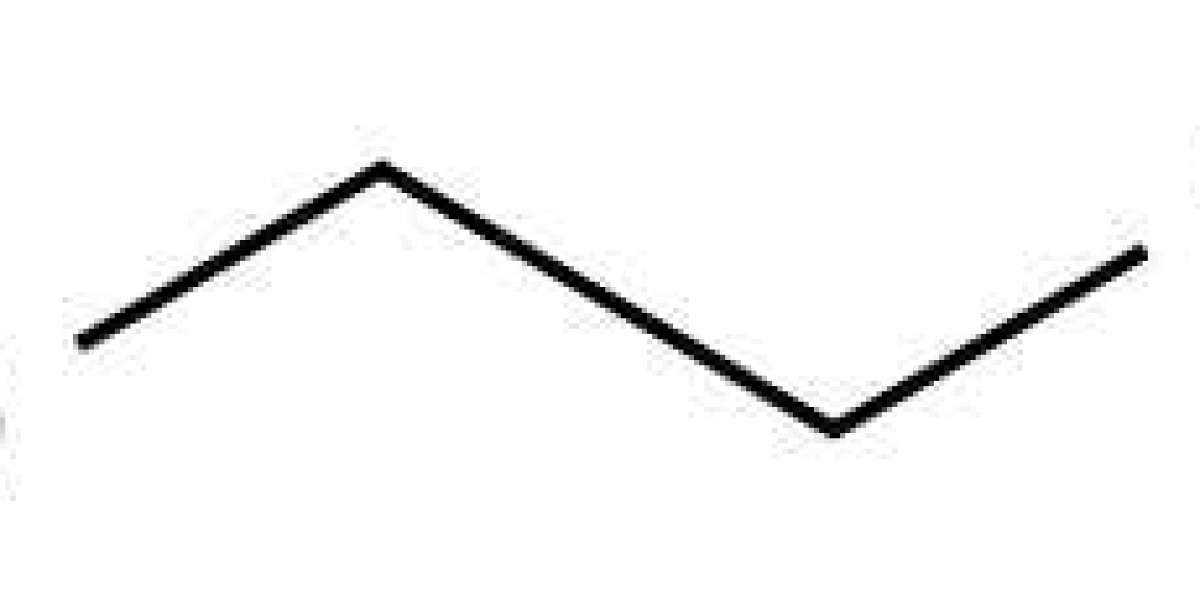The key difference between 1-propanol and 2-propanol is that 1-propanol has its hydroxyl group attached to the end of the carbon chain whereas 2-propanol has the hydroxyl group attached to the middle carbon atom of the carbon chain.
Both 1-propanol and 2-propanol are two isomeric forms of propanol molecule. Propanol is an alcohol that contains three carbon atoms in a carbon chain structure, and there is one hydroxyl group (-OH) as the functional group of the molecule. Furthermore, the basic difference between 1-propanol and 2-propanol is the place where this hydroxyl group gets attached to the carbon chain.
What is 1-Propanol?
1-propanol is the organic compound having the chemical formula C3H8O. It is a primary alcohol because it has the hydroxyl group attached to the carbon atom at the end of the carbon chain. Since this carbon atom has only one other carbon atoms attached to it, the compound is a primary alcohol. Moreover, it is an isomer of 2-propanol. Naturally, this compound is formed in many fermentation processes in small amounts. The molar mass is 60.09 g/mol. Moreover, it appears as a colourless liquid, having a mild, alcoholic odour. Besides, this compound is important as a solvent in the pharmaceutical industry. It is also suitable as an engine fuel due to the high octane number.
What is 2-Propanol?
2-propanol is the organic compound having the chemical formula C3H8O, and it is an isomer of 1-propanol. As a common name, we call it isopropyl alcohol. It occurs as a colourless and flammable liquid. Further, it has a strong odour. The hydroxyl group in this compound is attached to the middle carbon atom of the carbon chain. Thus, it is a secondary alcohol. Besides, it is a structural isomer of 1-propanol.
Moreover, this substance is miscible with water, ethanol, ether and chloroform. With decreasing temperature, the viscosity of this liquid increases highly. It can undergo oxidation to form acetone. Furthermore, the major production method of 2-propanol is indirect hydration; the reaction of propene with sulfuric acid forms a mixture of sulfate esters, and the subsequent hydrolysis of these esters give isopropyl alcohol. Concerning the usability, it is useful as a solvent to dissolve a wide range of nonpolar compounds. Ex: cleaning eyeglasses, electronic devices, etc. It is also important as a chemical intermediate in the production of isopropyl acetate. Moreover, the production of rubbing alcohol from isopropyl alcohol is important in medicinal applications.
What is the Difference Between 1-Propanol and 2-Propanol?
1-propanol is the organic compound having the chemical formula C3H8O while 2-propanol is the organic compound having the chemical formula C3H8O and it is an isomer of 1-propanol. So, the key difference between 1-propanol and 2-propanol is that 1-propanol has its hydroxyl group attached to the end of the carbon chai whereas 2-propanol has the hydroxyl group attached to the middle carbon atom of the carbon chain.



